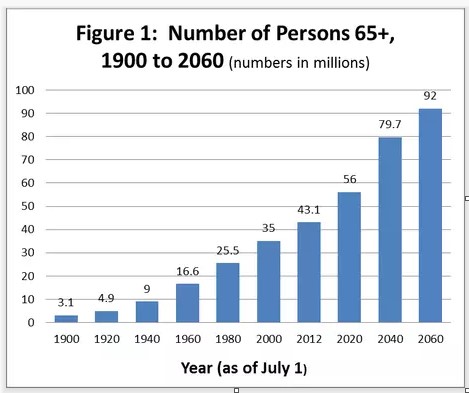Human society as we know it today began as the last ice age receded, about 20,000 years ago. The earliest known communal societies were during the Neolithic Revolution, a time when the plant environment began to reemerge. Vegetation was becoming sufficient to support stationery communities. The Near East was one of the earliest regions to escape the ice age.
֎ In the late 1980s, a drought caused a drastic drop in the Sea of Galilee in Israel, revealing the remains of a previously unknown archaeological site, later named Ohalo II. There, Israeli archaeologists found the burned remains of three huts made from brush plants, as well as a human burial and several hearths. Radiocarbon dating and other findings suggested that the site, a small, year-round camp for hunter gatherers, was about 23,000 years old.
This site exposed several elements: Humans are naturally inventive relative to their environment. One could surmise that the building of brush huts was the beginning of industrialization. Another element is that gathering more food than was needed at the moment meant that one did not have to remain a nomad; maybe donkeys and the Ford model A weren’t needed but not walking all day is worth hoarding some vegetables. Another element is that there were three huts; family was important although the economics of the time probably didn’t support whole generations. Finally, and easily overlooked, is that there was a burial; the earliest humans had a spirituous principal: life went beyond the existential experience.
֎ Has the human genome changed in 20,000 years? Does evolution ever stop? A branch of zoology has become popular: Scientists are tracing behavioral and genetic modifications of all kinds of creatures as the creatures adapt (or die) to global warming. Are humans adapting? On average, humans live thirty years longer than they did in 1900. One could argue that medicine and modern industry, e.g., air conditioning, are not necessarily genetic – after all, our Neolithic ancestors built huts. The scientists may counter that living longer by itself induces genetic adaptations in human behavior and survival. Did our forefathers experience dementia? Would they have if they did live longer? What would the Continental Congress change if they saw this chart?

Aside from the fact that our chromosomes stop reproducing, thereby making death inevitable, humans have one characteristic that no other creature has: humans can change the environment. Think about the impact of changing nature. Opossums can’t do that, nor Monarch butterflies. If another ice age came, would we evolve with a hide and have a different fat structure under our skin or would we ask Amazon to send us a furnace?
Mariner has wondered whether a hunter gatherer could sit still for four hours like we can when we watch television. Perhaps today’s humans are different.
Ancient Mariner
